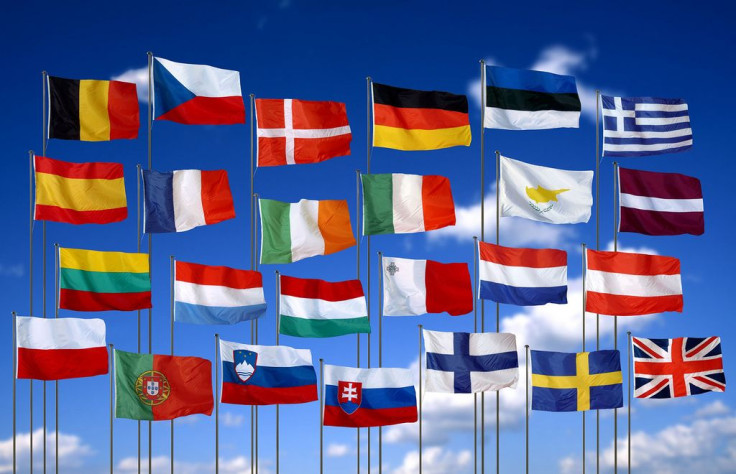Learning A Second Language Strengthens And Reshapes Neural Networks

New research conducted by Dr. Judith F. Kroll, a cognitive scientist at Penn State, has suggested that not all bilinguals are created equal. Although speaking more than two languages nearly always has a positive effect on the brain, the exact extent of this effect is largely dependent on underlying factors, such as the languages the speakers know and the manner in which they learned them.
For her research, which was presented Feb. 13 at the annual meeting of the American Association for the Advancement of Science in Washington D.C., Kroll looked at how language use affected different parts of the brain in bilinguals. Among her findings, Kroll observed that although bilinguals usually speak only one language at a time, both languages are always activated in their brains. This means that the languages are in constant competition with each other for brain space.
"What we know from recent research is that at every level of language processing — from words to grammar to speech — we see the presence of cross-language interaction and competition," said Kroll in a recent statement. "Sometimes we see these cross-language interactions in behavior, but sometimes we only see them in brain data."
While this may sound like a hinder, it actually has a very positive effect on the individual. According to Kroll, the constant competition means that the brain is constantly juggling between different languages, and as a result, learns to reshape its neural networks for the better. According to the press release, the effect of speaking two or more languages varied among bilinguals, with factors such as how the individual learned the language, what the two languages were, and the context the languages are used in effecting brain reshaping.
"The consequences of bilingualism are not limited to language but reflect a reorganization of brain networks that hold implications for the ways in which bilinguals negotiate cognitive competition more generally," said Kroll.
One 2014 study found that because bilinguals are constantly controlling two languages, they naturally become better at filtering out unnecessary words. For example, in the study, volunteers were asked to listen to a word and then look at a corresponding photo. After hearing the word “cloud,” they would be shown four photos including a picture of a cloud, and the others would be pictures of a similar-sounding word, such as “clown.” The goal of this experiment was to see how well the volunteers were able to recognize the correct word and ignore the similar-sounding word. Results revealed bilinguals performed better than their monolingual counterparts.
“Using another language provides the brain built-in exercise. You don't have to go out of your way to do a puzzle because the brain is already constantly juggling two languages," said lead researcher Dr. Viorica Marian in a statement.
Source: Kroll JF. Annual Meeting of the American Association for the Advancement of Science. 2016



























